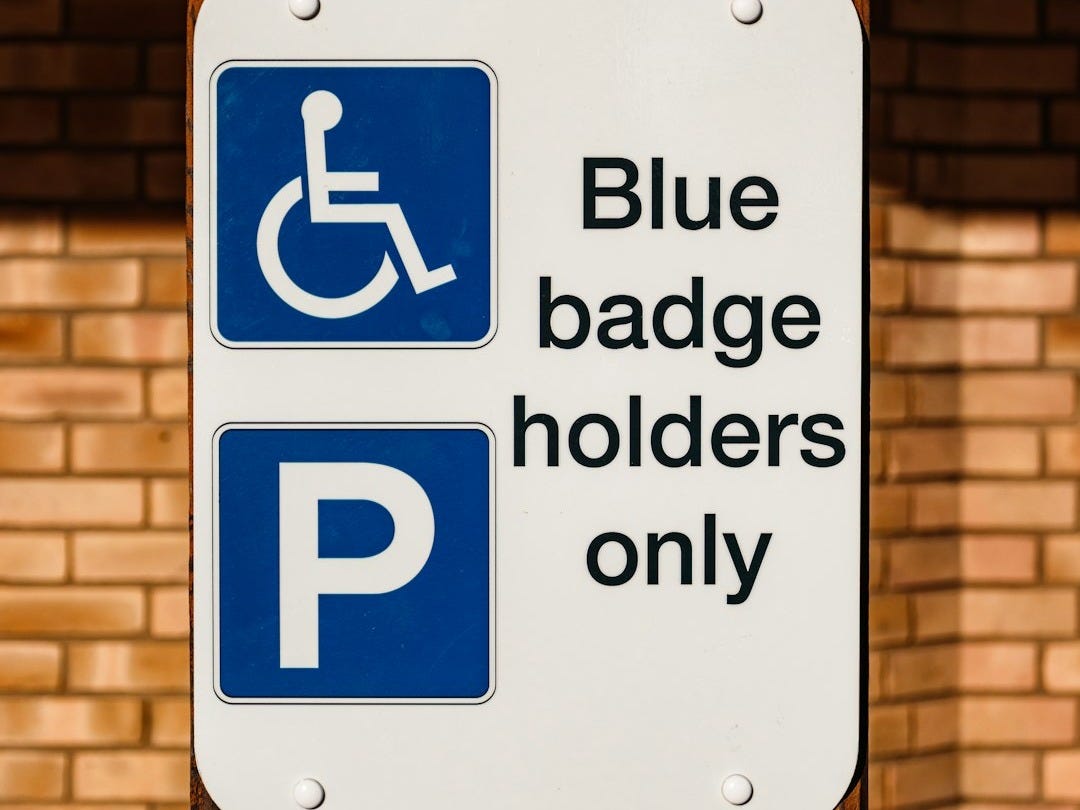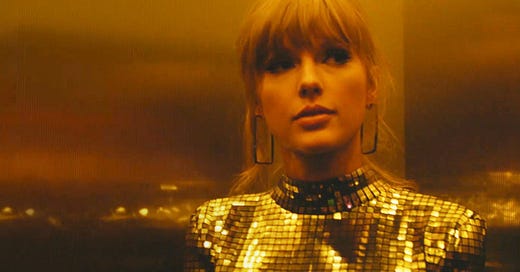Confession: when I decided to write a follow-up to the article I wrote for The Muse about job searching while disabled, I was scared to read the original piece back.
I was afraid that in my excitement I had something important to say, I pretended I had answers I didn’t actually have. I skimmed the subheads, and I’m thankful it’s still a good read that I stand by.
But after three years of working 40 hours a week in newsrooms in corporate America, I learned more lessons and have more to say. I didn’t pitch this anywhere because I want to be honest and disabled honesty scares companies.
I’ll never claim to have all the answers or the right answers or insist that someone follows my advice. This is a list of candid observations that might be controversial — but it’s a game of survival of the fittest, I’m just trying to help some of my own survive.
If you can pass and meet the expectations of your role without disclosing, do not disclose your disability
I told you these lessons would be controversial. To be clear, I don’t think this applies to many people in the community with visible or indivisible disabilities. And if any bit of you wants to disclose your disability, you absolutely should.
I have to disclose mine for a few different reasons, one being that I’m probably a little neurodivergent. So, I don’t think I type slowly compared to abled people, but some production expectations in newsrooms are wild.
To be able to effectively process the information I need to in order to write an article, write it and build a post — I need to have more time.
But to the rare disabled person who passes as abled and excels at their job without arousing suspicion that you’re different, congratulations and stay quiet.
Corporate is 99% about profit. If you don’t need to ask a company to adjust the way it makes a profit to bring home your own profit, don’t do it.
These spaces are extremely ableist and disclosing=headache 100% of the time. So, not everyone will agree with me, but look out for you and stay quiet.
If you disclose, do it early
If you have to disclose, don’t panic about the opinion above — just take a deep breath and do it as early as possible once you have the job.
I’m not touching whether to disclose during an interview or on an application. There’s no way to hide my disability on my resume and disclosing it before I absolutely have to still makes me nervous.
But once you’re in and settled, think about the accommodations you might need and ask for them as soon as possible.
This is because 1. The process probably takes a while to get what you need, no matter what and 2. While mistakes are human, you deserve to have everything you need in place to make the best impression on your team as soon as possible.
From experience, don’t wait until you feel “comfortable” with your boss or they initiate any kind of 1-on-1 meeting.
At a recent job, I had no (as in zero) team meetings and no honest communication coming from my superiors.
I thought I was playing “the game” by waiting for anything like that to happen before I asked for help. Truthfully, I knew I was drowning in high expectations and didn’t do myself any favors.
Don’t wait to feel comfortable before you disclose. That day might never come.
Find a mentor

Even abled people need mentors at work. That “game” I referred to earlier? Every workplace plays one and each one has different rules. I think it’s rigged everywhere so that only a company's top one or two percent wins. But all of your peers and even most immediate bosses are playing the game.
As a disabled person, you sawed through concrete walls to get in the room. Once you’re there, there are 1 million ways to silently push you out that most disabled people don’t even know are discrimination and can’t be proven on paper.
So, you need to find someone who wants you to succeed at the company pretty quickly so they can teach you the rules of the game.
I’ve been lucky enough not to have to speak corporate-ese with a few of my mentors at jobs. But even if you’re not that close, they just have to want to see you succeed. That’s it.
Finding a person like this can be hard, but I drowned alone at my recent job without one.
Friends are nice, too, but be careful (of Swifties?)

I only like being friends with authentic people. Amid all the corporate-ese, which is coded with lies, those people can be hard to find at work.
You also need prioritize your own goals at work and have no control over how others perceive you doing what you need to do to achieve them.
I have been in the middle of so much drama related to Taylor Swift at different jobs when all I wanted to do was help, be included, do something instead of sit around while everyone panicked because she dared to arrive somewhere.
Maybe I’ve just been in a lot of toxic workplaces, but people also get jealous watching others succeed and think leadership and power means patronizing people is okay.
I’d never say you can’t make friends at work. But a workplace is never a “family” and always beware of Swifties (I’m half kidding but you can come for me if you want).
You are the expert when it comes to you (and sometimes disability)

The disability-related heated conversations I’ve had with superiors at work make me laugh in hindsight.
I respect the idea that you don’t know until you know, but the amount of time people have spent telling me I’m wrong as if editorial standards are a Bible is hysterical.
When I was a baby TV writer at one of my first jobs, my boss said something like, “You can’t just say ‘this is how I do it, so this is how it must be done’,” about an essay the company assigned me to write on a TV show about disability.
I was such a baby, I think I let it go — but she was 100% wrong.
Even if I don’t know the answer to something disability-related, I know how to find someone who would happily tell me.
So, try to assert yourself when it comes to matters related to disability, especially if you’re the only one in the room with lived experience (someone’s second cousin once removed who broke their leg in Cabo doesn’t count and I’m not afraid to say it).
Speak louder

A thing about me is I tell the truth, sometimes in a very direct way.
Especially at work, people sometimes think that you’re threatening their power when all you’re doing is trying to speak up for yourself.
People who have never had to advocate for themselves don’t know what advocacy looks like. So, they think people are being “aggressive” or taking something too “personal,” when they know how to stand up for themselves.
I’ve admittedly made mistakes by speaking too much and not speaking enough.
It’s a delicate balance I have yet to master, but change happens at the top, so I’m not afraid of the people there.
They’re just men or women with a lot of money and lives easier than others in many ways.
So, if something needs to change at work, if you were wronged in some way, sure…it’s important to go up the corporate ladder to an extent.
But know when it’s time to BCC (or plain CC) the boss’ boss’ boss. There’s real risk involved, but sometimes it needs to be done.
Companies want money, not justice

This one’s so obvious, maybe I should’ve put it first. The justice system isn’t even about justice these days. So, why would corporate America be?
It’s still a good fact to keep in mind. I’d like to think that most workplaces are full of good people being pressured six ways to Sunday (does that work here?) to make money.
Personal stories aside, I’ve rarely seen a company admit it’s wrong until it has to, or do good for the sake of doing good. (Maybe Ben & Jerry’s?).
Even the U.S. medical system is all about money.
Disabled people know we are literally and figuratively valuable at work. But if you need something or want to change something, sometimes the best way to get the green light is to prove that it’s low risk and high reward and would somehow speed up productivity increasing profit.
I’m being vague on purpose because there are a million accommodations someone could need. A new desk? Modified productivity goals? Permission to work remotely? An automatic door?
Whatever you need, make it somehow increase the company’s profit (or reputation because a bad one can ruin a brand).







